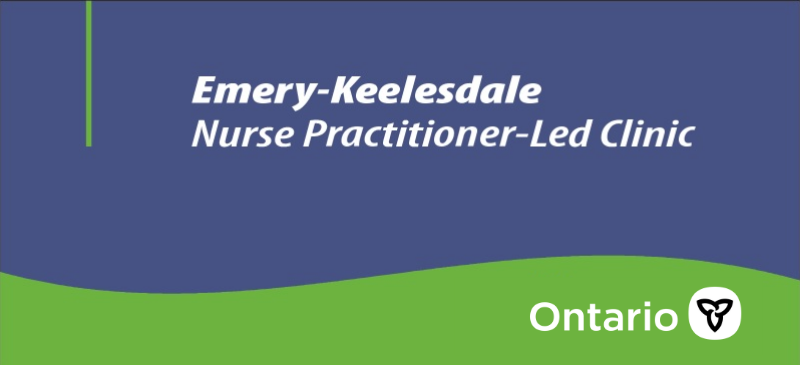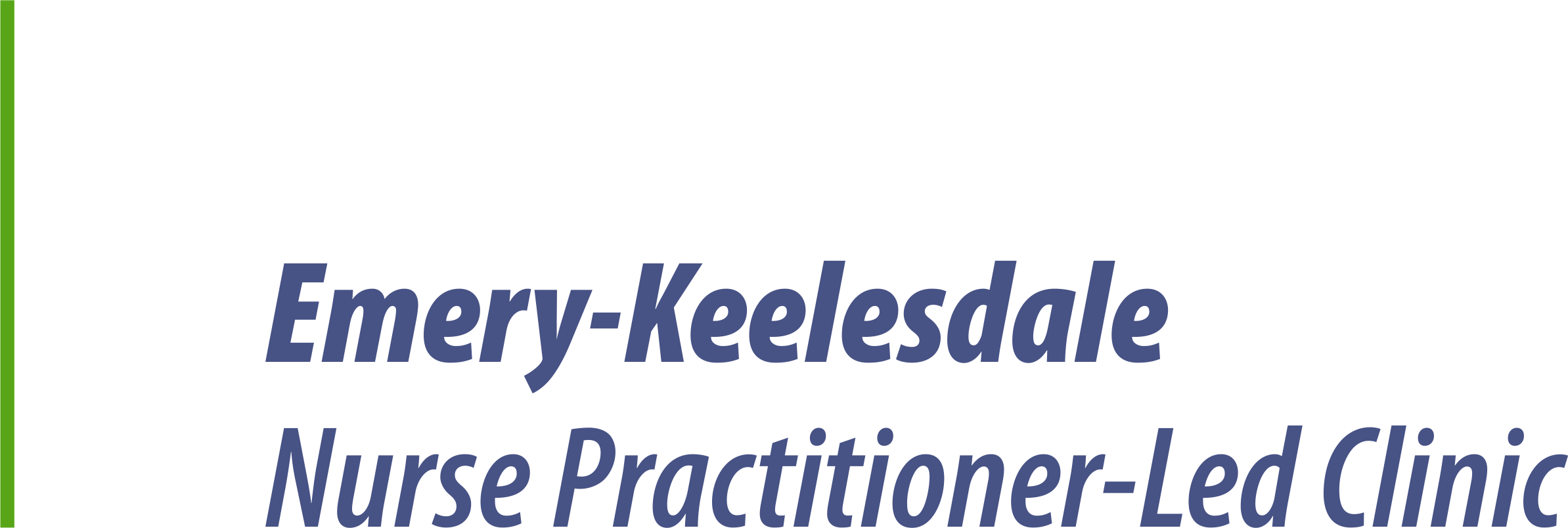2024-2025 Survey
Link: https://forms.gle/uZPe9a5TpZRTCu1x7
If you prefer to fill out the survey on paper, make sure to ask for a copy during your next visit!
If you would like support in filling out the survey, or have any questions or feedback, please contact community.engagement@eknplc.ca.
What is the purpose of the Primary Care Patient Experience Survey?
We conduct this survey every year for two main purposes:
- To understand our patients and their needs better so we can improve our services.
- To report our Quality Improvement Plan (QIP) to Health Quality Ontario (HQO).
The original Primary Care Patient Experience Survey was developed by HQO in collaboration with the Association of Family Health Teams of Ontario. EKNPLC uses this survey as a template for our own version where we adjust the questions based on updated reporting needs and our unique communities. The information we gather can also be useful for advocating for more resources in our communities.
Quality Improvement Plans
As a part of the Ontario Action Plan for Health care, Quality Improvement Plans (QIPs) are used to ensure accountability and transparency of health care services in Ontario. Primary care organizations including Nurse Practitioner-Led Clinics are required to submit a yearly QIP to highlight their commitment to provide timely, integrated and patient-centred care. For more information about Quality Improvement Plans, please visit https://www.hqontario.ca/quality-improvement
How is our province doing overall? You may find some of the primary care indicators here: https://www.hqontario.ca/System-Performance/Primary-Care-Performance
What do we do with the survey data?
The collected survey data is always ANONYMOUS. The online form does not collect any identifying information and we remind anyone filling it out on paper not to write their names.
Aside from reporting to HQO, we also share the survey results with our staff so we can learn and improve. When we report the data, it is always summarized/aggregated. For example, we will report “70% of respondents selected Strongly Agree” and not “Individual A selected Strongly Agree”.

